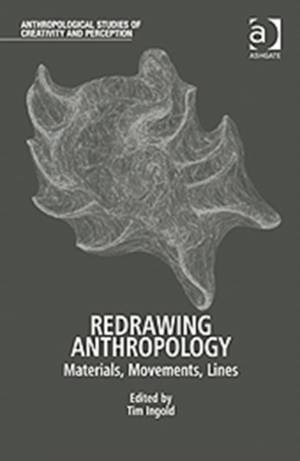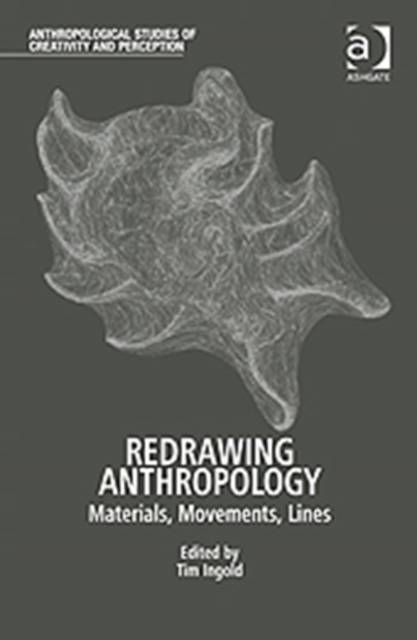
- Afhalen na 1 uur in een winkel met voorraad
- Gratis thuislevering in België vanaf € 30
- Ruim aanbod met 7 miljoen producten
- Afhalen na 1 uur in een winkel met voorraad
- Gratis thuislevering in België vanaf € 30
- Ruim aanbod met 7 miljoen producten
Zoeken
Redrawing Anthropology
Materials, Movements, Lines
€ 290,45
+ 580 punten
Omschrijving
Why should anthropologists draw? The answer proposed in this groundbreaking volume is that drawing uniquely brings together ways of making, observing and describing. In twelve chapters, a team of authors from the UK, Europe, North America and Australia explore the potential of a graphic anthropology to change the way we think about creativity and perception, to grasp the dynamics of improvisatory practice, and to refocus the study of material culture from ready-made objects onto the flows of materials involved in the generation of things. Drawing on expertise in fields ranging from craftwork, martial arts, and dance to observational cinema and experimental film, they ask what it means to follow materials, to learn movements and to draw lines. Along the way, they contribute to key debates on what happens in making, the relation between design and performance, how people acquire bodily skills, the place of movement in human self-awareness, the relation between walking and imagination, and the perception of time. This book will appeal not just to social, cultural and visual anthropologists but to archaeologists and students of material culture, as well as to scholars across the arts, humanities and social sciences with interests in perception, creativity and material culture.
Specificaties
Betrokkenen
- Uitgeverij:
Inhoud
- Aantal bladzijden:
- 216
- Taal:
- Engels
- Reeks:
Eigenschappen
- Productcode (EAN):
- 9781409417743
- Verschijningsdatum:
- 28/11/2011
- Uitvoering:
- Hardcover
- Formaat:
- Genaaid
- Afmetingen:
- 156 mm x 234 mm
- Gewicht:
- 485 g

Alleen bij Standaard Boekhandel
+ 580 punten op je klantenkaart van Standaard Boekhandel
Beoordelingen
We publiceren alleen reviews die voldoen aan de voorwaarden voor reviews. Bekijk onze voorwaarden voor reviews.










